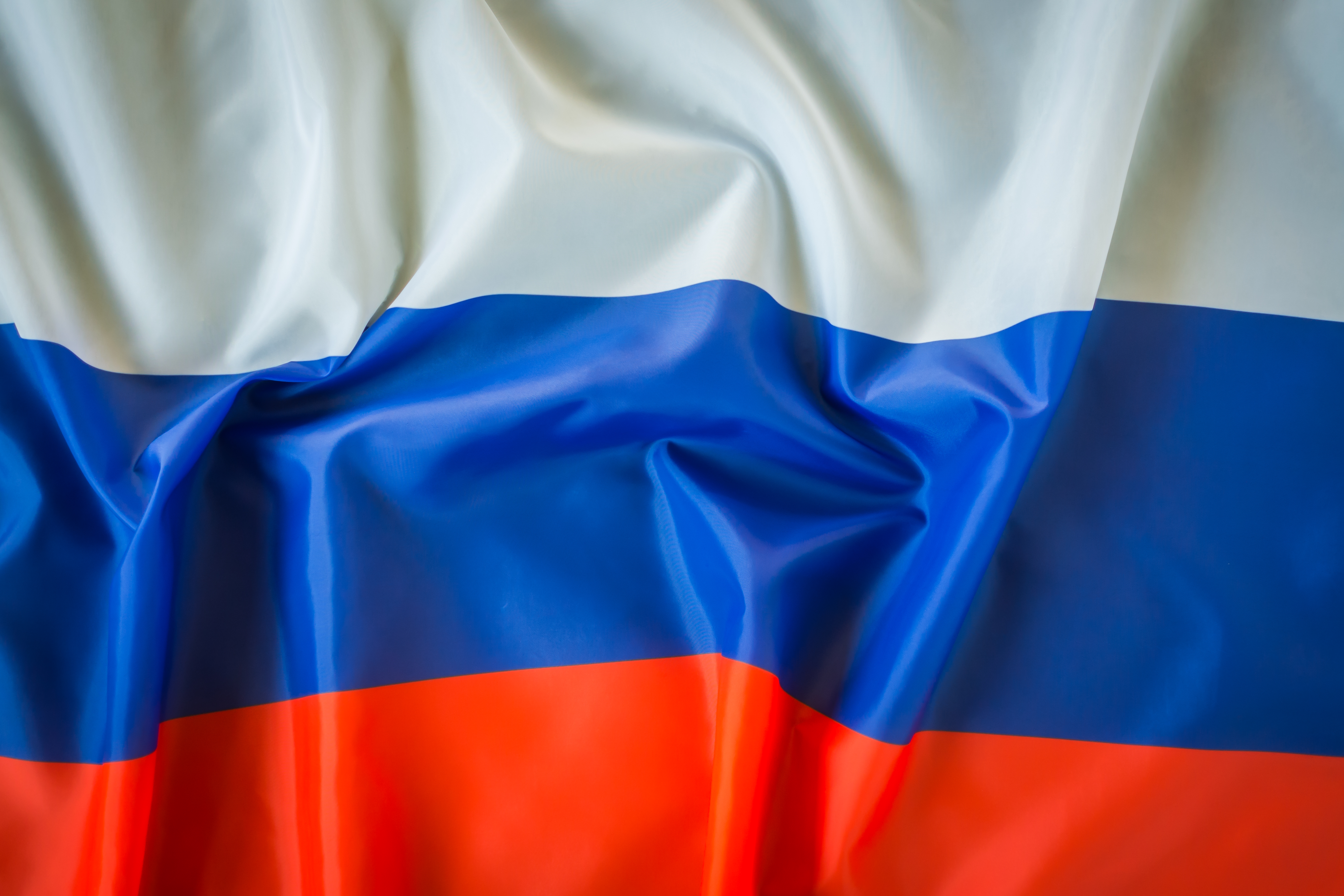Authorities in Russia have tightened their grip on Telegram after the state regulator Roskomnadzor introduced new measures accusing the platform of failing to curb fraud and safeguard personal data.
Users across the country have increasingly reported slow downloads and disrupted media content since January, with complaints rising sharply early in the week. Although officials initially rejected claims of throttling, industry sources insist that download speeds have been deliberately reduced.
Telegram’s founder, Pavel Durov, argues that Roskomnadzor is trying to steer people toward Max rather than allowing open competition. Max is a government-backed messenger widely viewed by critics as a tool for surveillance and political control.
While text messages continue to load normally for most, media content such as videos, images and voice notes has become unreliable, particularly on mobile devices. Some users report that only the desktop version performs without difficulty.
The slowdown is already affecting daily routines, as many Russians rely on Telegram for work communication and document sharing, much as workplaces elsewhere rely on Slack rather than email.
Officials also use Telegram to issue emergency alerts, and regional leaders warn that delays could undermine public safety during periods of heightened military activity.
Pressure on foreign platforms has grown steadily. Restrictions on voice and video calls were introduced last summer, accompanied by claims that criminals and hostile actors were using Telegram and WhatsApp.
Meanwhile, Max continues to gain users, reaching 70 million monthly accounts by December. Despite its rise, it remains behind Telegram and WhatsApp, which still dominate Russia’s messaging landscape.
Would you like to learn more about AI, tech and digital diplomacy? If so, ask our Diplo chatbot!










